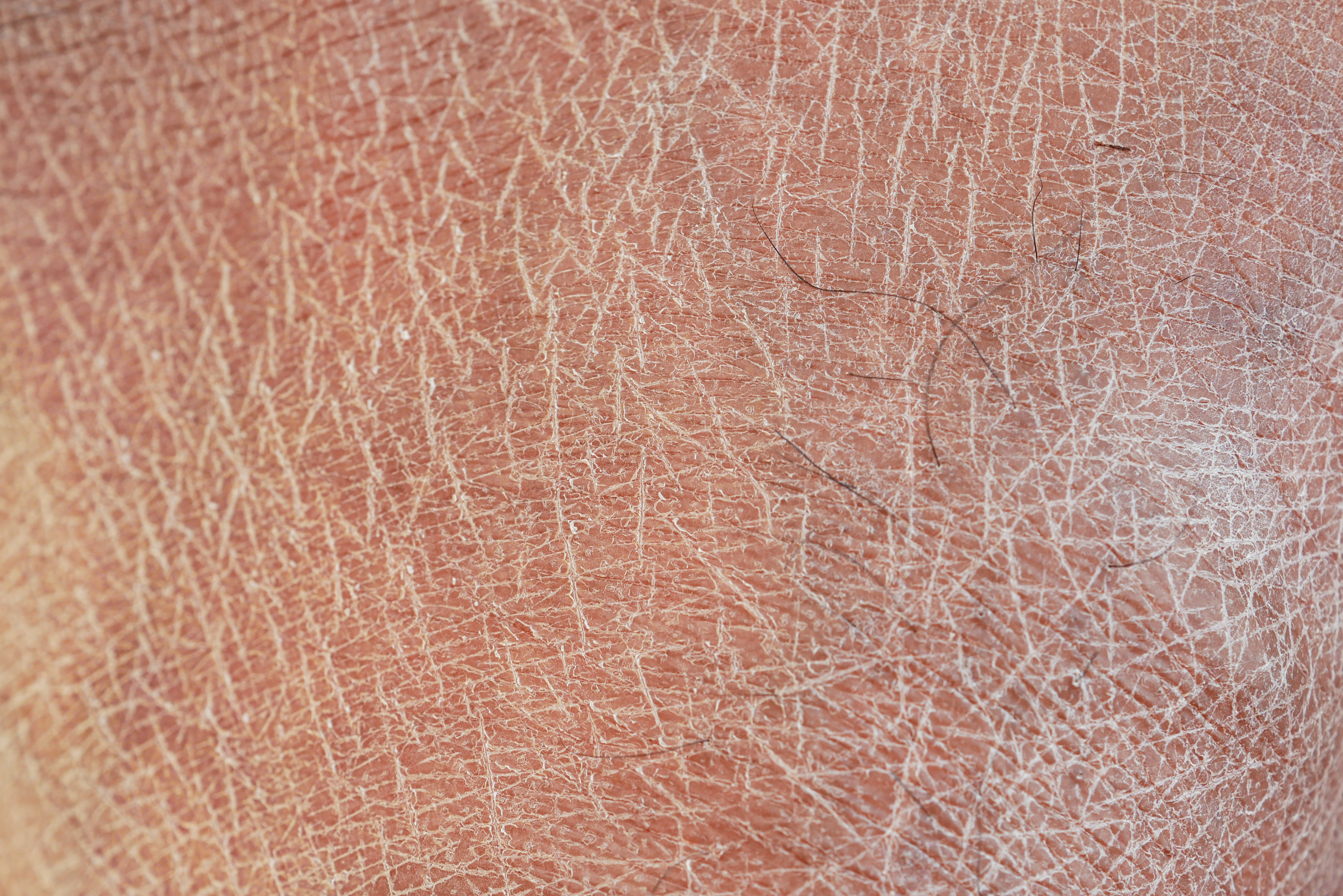10 Subtle Signs of Magnesium Deficiency You Shouldn't Ignore
9. Skin Health: The Outer Reflection

The health of your skin can also be affected by magnesium levels. Magnesium is involved in the synthesis of proteins and fatty acids, both of which are essential for maintaining healthy skin. A deficiency in magnesium can lead to dry, flaky skin, and exacerbate conditions such as eczema and dermatitis. Skin issues can be a visible indicator of underlying health problems, including nutrient deficiencies. If you notice changes in your skin's texture or appearance, it may be worthwhile to consider your magnesium intake. Ensuring adequate magnesium levels can improve skin health and contribute to a radiant complexion.
10. Tingling and Numbness: The Nerve Signal Disruptions

Unexplained tingling, numbness, or a "pins and needles" sensation in the hands, feet, or face can be a sign of magnesium deficiency. Magnesium plays a crucial role in nerve function, ensuring proper communication between the brain and the body. When levels are too low, nerve conduction can become impaired, leading to abnormal sensations or even muscle weakness. These symptoms can sometimes be mistaken for other conditions, such as poor circulation or nerve compression, but if they persist without an obvious cause, magnesium deficiency may be the culprit. In severe cases, prolonged magnesium deficiency can contribute to nerve damage or increased sensitivity to pain. If you're experiencing frequent tingling or numbness, it's important to assess your diet and magnesium intake. Addressing the deficiency through magnesium-rich foods or supplements can help restore nerve function, reducing discomfort and supporting overall neurological health.
